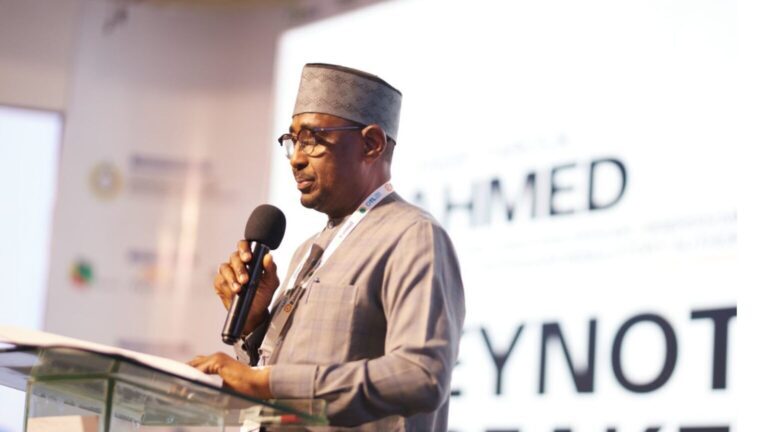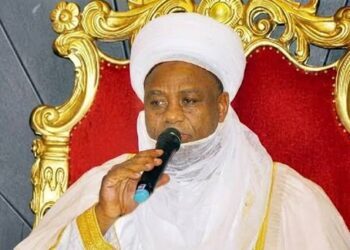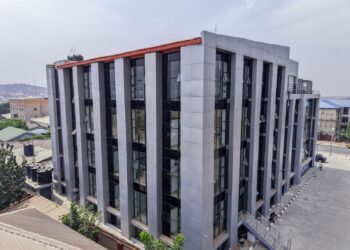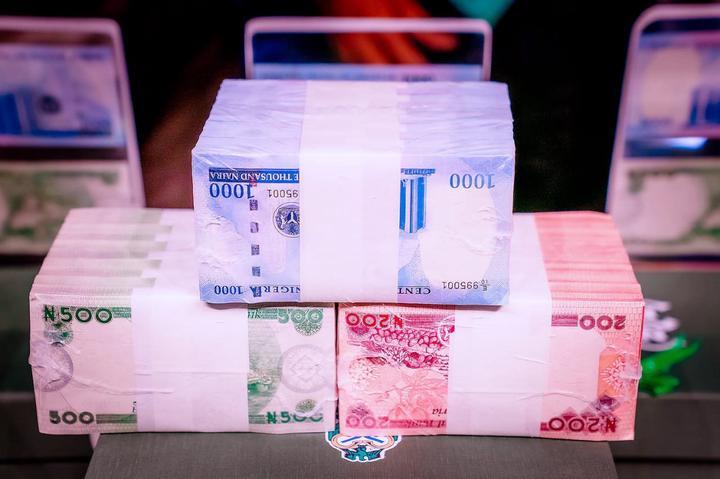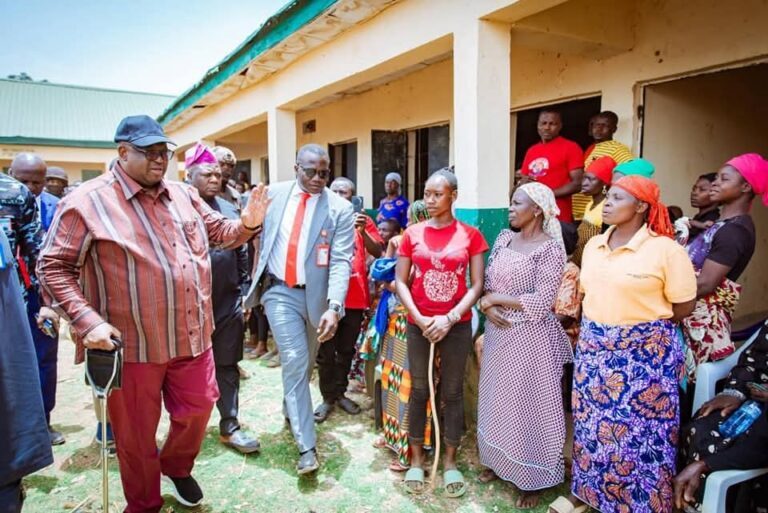The Chief Executive Officer, NMDPRA, Farouk Ahmed, said this during the Meet-the-Press briefing series organised by the Presidential Communications Team (PTC) at the State House in Abuja on Tuesday.
Ahmed said the county’s PMS daily importation had dropped from 44.6 million litres in August 2024 to 14.7 million litres as of April 13.
He attributed the 30-million-litre drop in imports to increased contributions from local refineries.
Ahmed also disclosed that local production of petrol surged by 670 per cent during the same period.
He credited the rise to the gradual restart of the Port Harcourt Refining Company in November 2024, along with added output from modular refineries across the country.
“After contributing virtually nothing in August 2024, local plants delivered 26.2 million litres per day in early April, a jump from the 3.4 million litres recorded in September 2024, which was the first month with measurable output.”
He, however, said that in spite the growth in domestic supply, total national supply exceeded the government’s 50 million litres per day consumption benchmark.
” Only twice within the eight-month period—56 million litres in November 2024 and 52.3 million litres in February, 2025.
He added that the month of March 2025 saw a slight dip to 51.5 million litres per day, while the first half of April recorded an even lower average of 40.9 million litres per day.
Ahmed emphasised that the NMDPRA issues import licenses strictly in line with national supply requirements, underscoring the authority’s commitment to balancing imports with growing local production capacity.
He called for a collective national effort in protecting and maintaining Nigeria’s oil and gas infrastructure.
According to him, all stakeholders – including security agencies, political leaders, traditional rulers, youths, and oil companies must work together to secure national energy assets.
” It takes all of us—government, traditional institutions, companies, and the youth—to collaborate and resist criminal activities that threaten our infrastructure,” he said.
The CEO also stressed that local government authorities and international oil companies (IOCs) such as NNPCL, as well as indigenous companies, must take responsibility in ensuring that oil assets are protected and maintained.
“Until we all commit to safeguarding these national assets, we should stop pointing fingers,” he added.
Ahmed reaffirmed NMDPRA’s commitment to transparency and accountability in the midstream and downstream sectors. (NAN)


